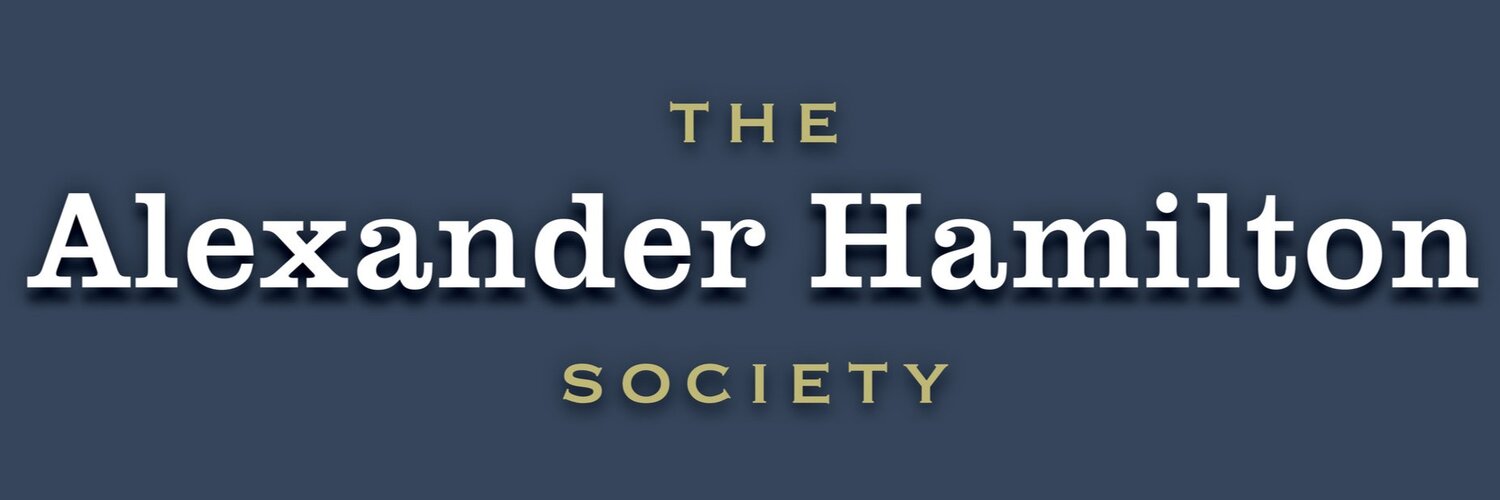On behalf of the Public Interest Fellowship and the Alexander Hamilton Society, we are pleased to announce that applications are now open for the Security and Strategy Seminar (SSS).
SSS is a graduate-level seminar in Washington, D.C. focused on distinct challenges to the American position in the world with an emphasis on policy and cohort-building. In 2021-2022, SSS will consist of three separate, simultaneous year-long seminars, each focused on a different strategic challenger to the United States: the People’s Republic of China, Vladimir Putin’s Russia, and the Islamic Republic of Iran.
Taught by leading scholars in the field, each SSS will consist of 15 evening sessions that meet from September-May and will afford participating fellows an opportunity to gain a breadth of knowledge on critical subjects, forge relationships with senior scholars and practitioners, sharpen analytical frameworks through written and oral arguments, and build a cohort with their peers. Although the nature of the competition and relevant factors differ for each adversary, each seminar’s framing questions will remain the same:
What are America’s goals and how do we achieve them?
What does the strategic competition look like? What are we competing over?
What do we need to understand about our adversary in order to achieve our goals?
For the Security and Strategy Seminar, we seek a professionally diverse and first-rate class of highly committed junior to mid-level professionals (25 to 35 years old) already working in policy-relevant institutions. Fellows will be responsible for around 50 pages of reading for each session and will be required to write two short essays over the course of the program. Each seminar will meet on the same designated day of the week from 6:00pm-8:30pm. If the ongoing public health crisis prevents in-person gatherings, SSS will operate via virtual platforms.
If interested, please submit an application here. Candidates will be considered for all seminars of interest. Qualified applicants will be contacted to participate in an interview. Applications are due no later than April 23. You can read more about the 2021-2022 Security and Strategy Seminar here.
The China Challenge:
As the Biden administration begins its tenure, China will remain at the forefront of U.S. foreign policy. Previous administrations have labeled China as a revisionist power intent on changing the U.S.-led world order and committed the U.S. to competing with China across all dimensions of national power. It remains to be seen how the Biden administration will handle China’s consistent challenges to the international order in a new era of U.S.-China strategic competition. What does a new era of strategic competition with China look like? Why is such a competition necessary, and what are its stakes? What are China’s objectives, and how do its leaders seek to achieve them? How can the U.S. reshape its strategy to avoid – and yet be prepared for – conflict? Fellows will study with leading experts on the Chinese economy, political warfare, and the role of regional allies through different theaters of competition.
The Iran Challenge:
Since the Islamic Revolution of 1979, the Islamic Republic of Iran has been a critical challenge for American policymakers, turning from friend to foe overnight. In the ensuing four decades, nearly every American president has had an Iran-related crisis help define his presidency. Over the course of the seminar, fellows will gain a clear understanding of the history of America’s relationship with Iran and take an in-depth look at the ideological nature of the Iranian regime. They will delve into the challenges the regime presents to the United States, from its nuclear program to its regional ambitions to its oil diplomacy.
The Russia Challenge:
Once thought to have been on the path to becoming a democratic capitalistic state, Russia remains a preeminent global challenge to the United States. Every American president has entered office committed to resetting relations with Russia only for the relationship to become more acrimonious. Today, relations may be at their lowest point in nearly four decades. Thirty years after the end of the Cold War and two decades into Vladimir Putin’s reign, Washington seems to have finally realized that the Russian challenge is enduring. What is the nature of the Russian challenge to the United States? What are Russia’s objectives, strengths and weaknesses? In a competition that spans Europe, the Middle East, and even America’s homeland, what do we need to understand about Russia in order to achieve our own objectives? Fellows will learn about the history of U.S.-Russian relations, the nature of the Russian political regime, the role of oil, Russian military and nuclear doctrine and developments, and the current status of relations.
